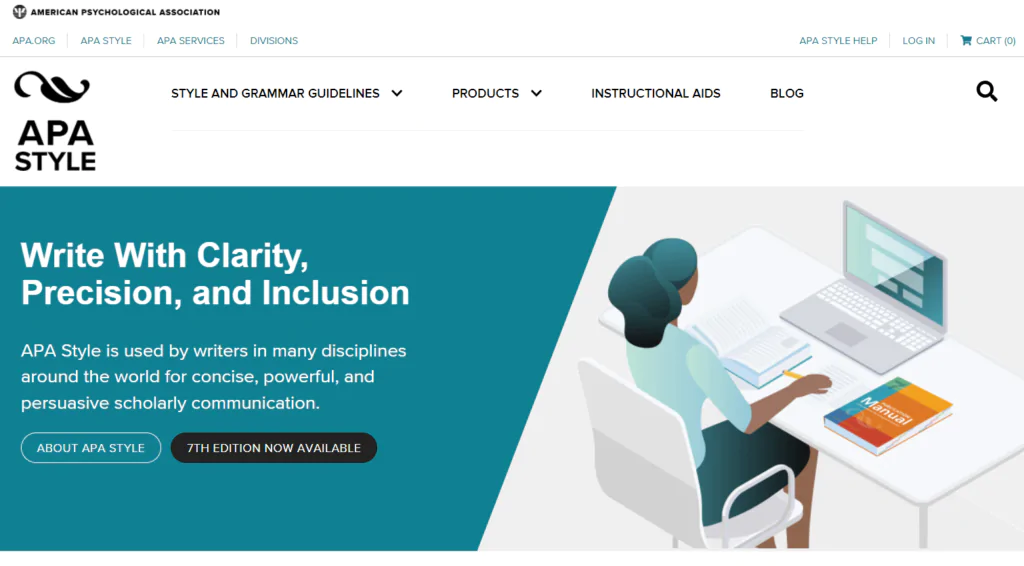Want to Write Online?
As Seen On

Writing Software Reviews
We try and test the best writing software and apps. Read some of our popular reviews.
Writing Resources
Watch, listen and learn from podcasts, videos and courses about the craft of writing from Become a Writer Today.
YouTube
Watch our videos packed full of writing advice, software reviews, tips, interviews, and book-round-ups on our channel. ⏯️
Courses
Get help with writer’s block, self-publishing, and earning more money as a writer in these popular courses. ✍️
Podcast
Listen to interviews with New York Times best-selling authors and other top writers. Get practical advice that works. 🎧
Writing Blog and News
Our team of expert writers publishes practical advice about the craft of writing.
Essays About Cities: Top 7 Examples and 10 Prompts
If you’re writing an essay about cities, discover helpful examples of essays about cities and…
What Are APA Citations? Top 6 citation Examples
What are APA citations? This guide will give you a comprehensive overview of using this…
10 Best South Korean Authors: Discover the Most Impressive Korean Novels Today
Discover the best South Korean authors and the books to add to your reading list…
Top 91 List of Tricky Words to Learn and Use Correctly
Here is our top list of tricky words you can add to your writing. Read…
22 Authors Like Grace Burrowes for the Ultimate Historical Romance
Discover binge-worthy historical fiction with our list of authors like Grace Burrowes. Dive into love…
25% Off Grammarly Coupon (2024)
Get a 2024 25% off Grammarly coupon. Use it to save on the cost of…

Writing Advice That Works
Our team has written thousands of articles covering all types of writing, book genres, niches, tools, famous authors, and the written word. You can start your writing journey today.

Need Writing Software?
We regularly review and profile the best writing tools, apps, grammar checkers, and AI writing software, so you can find one that works best.

Great Books
Our team of writers has read and reviewed the best books and authors across various genres. Never run out of items for your reading list.








